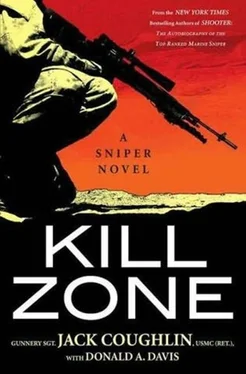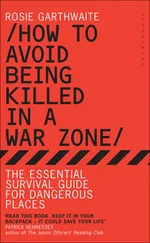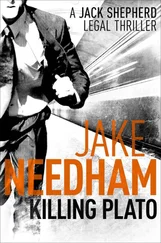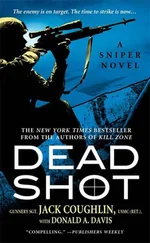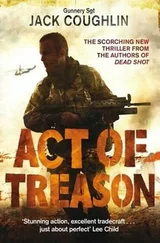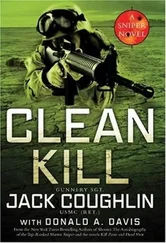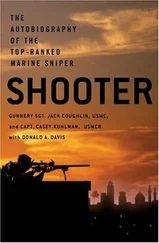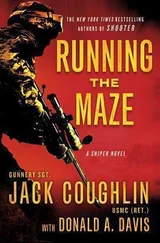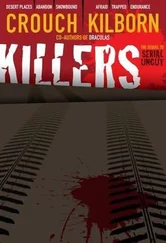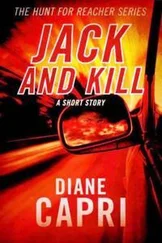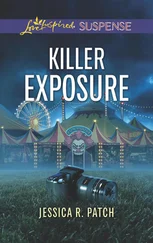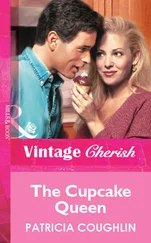Like so many Iraqis, Rassad had grown up in poverty, a product of the Baghdad slums. He caught the attention of his teachers at the religious madrassa schools because he possessed an intellectual curiosity and showed a natural leadership ability. They decided he was worthy of more education, with the idea that he might become an Islamic scholar and religious leader. They misjudged the boy. During the day, he piously studied the Koran, but at night he read other books, and led a small gang of thieves through the alleyways of Baghdad. Death was never far away in the slums, and Rassad had gutted several men before his fifteenth birthday. He was a realist instead of a zealot, interested in obtaining his own goals and not simply obeying the rules of any book, not even the Koran.
No one was surprised when Rassad passed the exams to qualify for university study abroad as an engineer, nor that the government let him go to school in the United States. His family would remain in Baghdad as hostage until he returned to take a job with one of Hussein’s ministries.
Rassad studied electrical engineering at the Massachusetts Institute of Technology, and also studied the complex organism that was America. He traveled to the oil fields in Louisiana and the West, to Silicon Valley in California, and to the vast farmlands of Kansas in search of understanding how and why democracy worked in Washington, D.C.
The individual experiences started coming together during his junior year, when he drove from Boston to Florida to participate in the annual ritual among students known as spring break. The all-night parties had been quite educational, and several pretty girls had found his dark eyes irresistible. The important lesson came late on a Monday night as he grew tired while driving back from Daytona Beach. A green neon sign of a little diner beckoned near Brunswick, Georgia, and Rassad followed a side road north for two miles. There was only a weathered pickup truck and a little Honda parked in the lot, which was illuminated dully by the ragged circles cast by three lights attached to the eaves of the building. He parked his new BMW 735i SE, went inside, and took a stool at the counter. A disinterested waitress took his order for a glass of water with ice and a piece of the fresh pecan pie that sat in a plastic case.
“Looky here,” Myron Hix muttered. He was seated at a table crowded with empty beer bottles. A younger man, small, thin, and unshaven, was pushed back in another chair, a grimy Atlanta Braves baseball cap on his head. Rassad ignored them.
“Give that boy a beer!” Hix bellowed. A thick man of middle age with close-cut hair over a red, round face, he lifted a bottle of Budweiser in a toast. “You look like a man who needs a drink.”
Rassad raised his hand to the waitress to signify he did not want a beer. “Thank you, but I do not drink alcohol,” he said to the man.
“He ‘do not drink alcohol.’” The man laughed, and so did his friend. Both wore dark blue shirts with open collars and name patches sewn above the pockets, the uniforms of a local garage. Scarlet script spelled that the big man’s name was “Myron.” The other man was “Robert.”
The waitress slid the saucer with the pie and the glass of water before Rassad with the clatter of cheap china on thin Formica. Georgia was famed for its pecan pie. He took a bite. Delicious. The waitress, a bored woman with dyed blond hair, vanished into the kitchen through a swinging door.
The man approached him and perched uninvited on the torn leatherette stool. “Name’s Myron Hix, boy. You a stranger in this neck of the woods and I wanna buy you a drink. So what’ll it be?”
“Just water.” Rassad faced the man. Bright eyes and beer breath. Glancing at the table, Rassad saw a stack of empty bottles.
“Ain’t polite to refuse a man’s offer,” said Hix. “Not down ‘round here.”
“I do not wish to be impolite. My religion forbids alcohol.”
“Where is it you from, then? Me and Robert are Baptists. Our preacher don’t like us to drink neither, but the Bible says wine is okay. If wine is okay, then ain’t beer and whiskey?”
“I am Muslim.” He finished the pie, drank the water. “Thank you for your kindness.” He fished a ten-dollar bill from his wallet and put it on the counter.
Hix slapped his hand down on the green face of President Andrew Jackson. “Moos-lim? I thought so.” He spun on the stool to face Robert. “I tole you he was some kinda sand nigger, din’t I?”
Rassad tensed. “Please. I wish no trouble. I will just get in my car and go.”
“You damn sure will. And you don’t come back. Hear? Go on back to Egypt and fuck your camel.” Both of the men laughed.
He had just unlocked his sleek gray sedan when he heard the screen door of the diner slam shut, and tensed just as beefy hands shoved him against the vehicle. Rassad smelled the dirty breath of Myron Hix. Two miles away, a stream of headlights moved north, kids going back to school after the holiday. The lighter steps of Robert approached. “We ain’t through with you yet, boy,” said Hix. “You need a good lesson in ‘firmative action so you don’t forget who you are.” Hix spun Rassad around and loomed over him like a bad dream.
The Iraqi looked steadily at the bigger man. “I believe that you are what people call a roughneck?” he asked mildly. “No. My English is poor. The term is stupid fucking redneck. Is that correct?”
As he was being turned, Rassad’s right hand was hidden long enough for him to pull a sharply honed knife with a three-inch blade from the leather sheath clipped to the back of his belt. He had worn such a knife since he was a boy, and it almost jumped into his hand, like an old friend. He knew exactly what he was going to do with Myron Hix.
Rassad kept the knife shielded just behind his right ass cheek while he rotated the blade into position, then he struck upward in a quick, smooth motion with all the force he could muster.
The tip of the blade slid into the soft flesh under Hix’s chin and Rassad shoved it in all the way, up behind the nose until the butt of the knife came to a stop. He ripped to the right and down, hard, cutting the jugular vein before jerking the knife out with the sharp edge toward him in order to cause a maximum of damage. One of the most valuable lessons of his brutal childhood was that once you start an attack, never pause until it is done, and be utterly ruthless.
He held Hix steady and watched the eyes go wide in anger, then surprise, then fade to dimness. Rassad let the body fall, stepped over it, and took three long strides to close on Robert, whose last word was, “Myron?” Rassad plunged the knife in at the belly button, careful to avoid the big metal belt buckle, got his left hand into Robert’s hair, and pulled him forward while he stabbed three more times in the mid-section. As Robert fell, the blade stabbed into the neck on the right side and was raked across the throat, opening a deep and bloody track.
Rassad wiped the knife on Robert’s jeans, returned it to the sheath, got into his car, and started the engine. He wasn’t even breathing hard. His clothes were soaked in blood, and he wiped his face clean with a handkerchief.
All the way back to Massachusetts, he drove safely among the hundreds of honking cars of other students, avoiding police attention and notorious speed-trap towns by just being one of the crowd. Friends at his local mosque arranged for the car to be stolen, and for the knife and clothing to disappear. Rassad replaced the Beemer with the insurance settlement. The Boston Globe reported a violent double killing at a roadside café in Georgia, identified the victims, and quoted a Georgia state patrolman as saying, “It was the most terrible thing I ever saw, even better than when that truck full of Vidalia onions squashed the Volkswagen crammed with drunk Florida Gator football fans.”
Читать дальше
